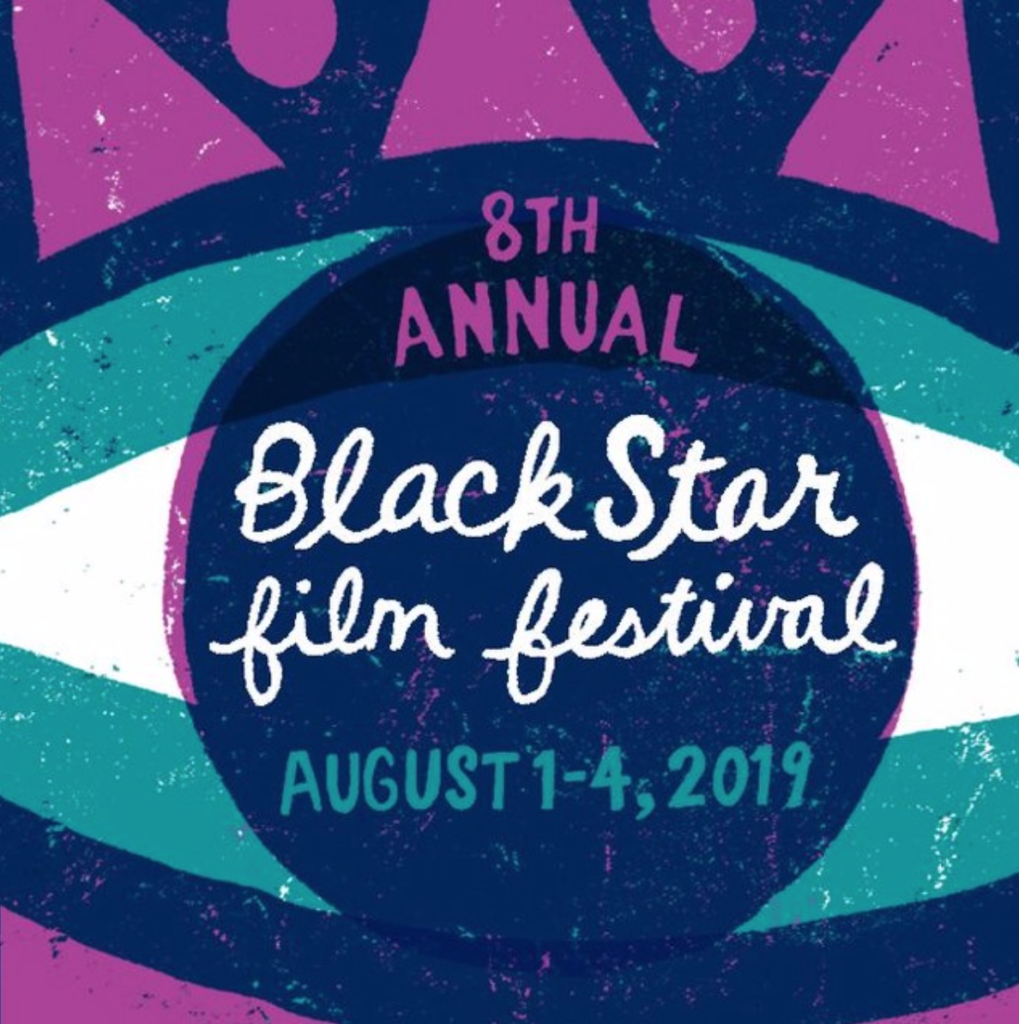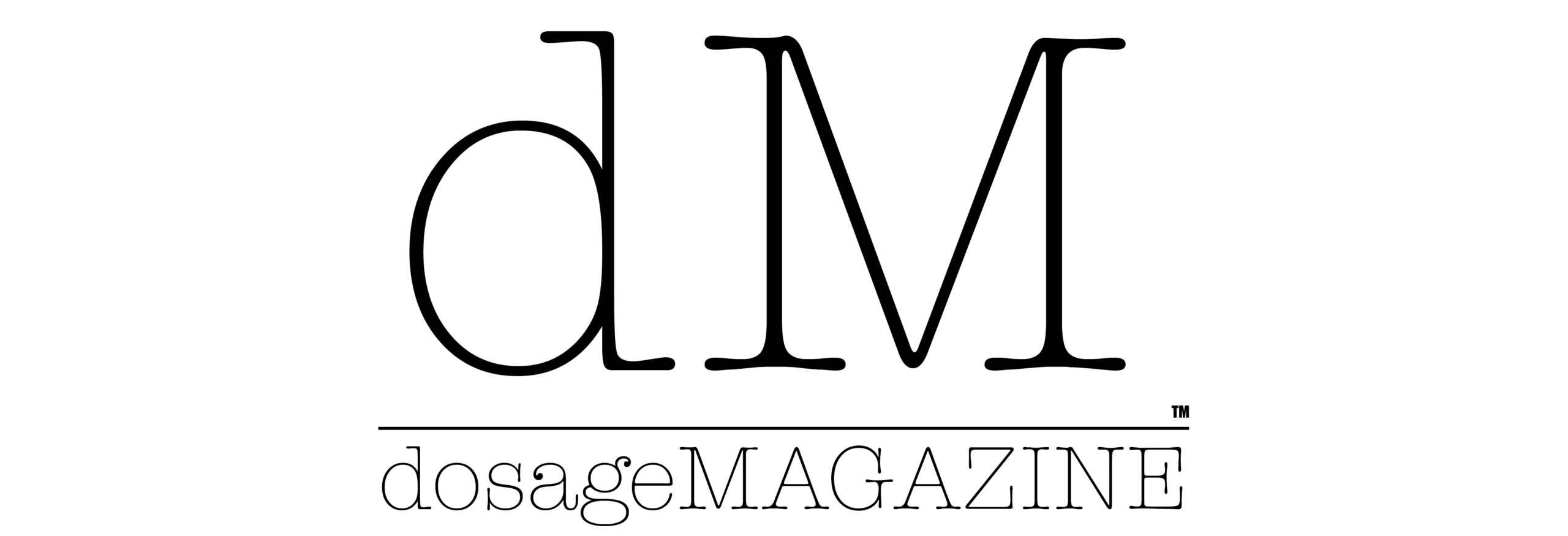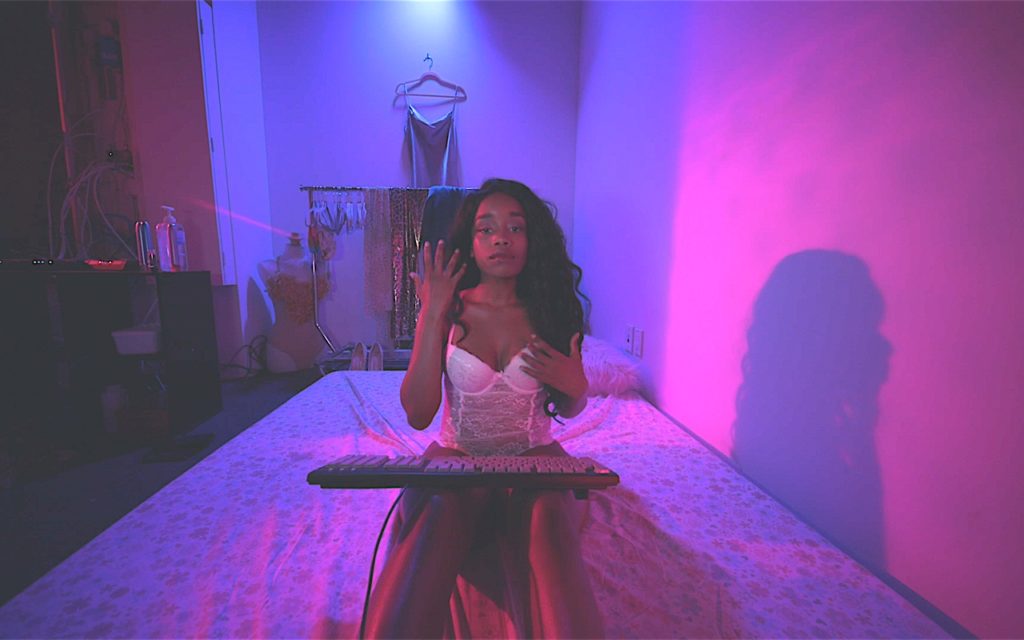The Philly-born showcase for visual traditions of the African diaspora from around the world returns this week.
At over 100 screenings, panels and cinema-related events for films from 28 countries – city-wide and venues-aplenty – 2019’s 8th annual BlackStar festival is its deepest-ever showcase of work from the African diaspora. Running from, Aug. 1-4, all info can be found at www.blackstarfest.org.
BlackStar Director Maori Holmes and Program Director Nehad Khader pointed out a wealth of surprises for 2019. From a joint hangout with Spike Lee and Tarana Burke to a preview of The Roots’ AMC documentary series, Hip-Hop: The Songs That Shook America, about rap songs that have helped to shape American culture to a director’s cut of Solange’s recent film for When I Get Home.
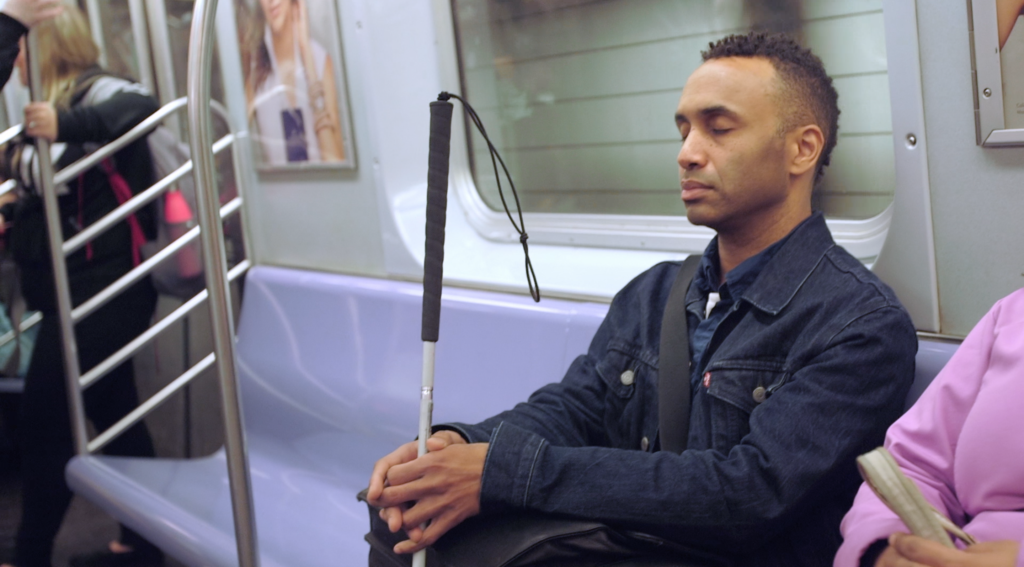
dancer (Kayla Hamilton), writer (Ryan Knighton) and the film’s director, Rodney Evans.
A.D. Amorosi: Not that BlackStar hasn’t had name-above-the-title level talent in the past, but this year, it is steeped in them – from Solange to Spike Lee. Tell me about getting the word out to talent/artists as to letting them realize how crucial a film fest stop BlackStar has always been, and why it benefits them and their position within the community.
Maori Holmes: I think that word has been spreading from artist-to-artist. We are an artist-centered festival and have been since day one. I think that is the value for filmmakers who return to us each year.
Nehad Khader: It’s an organic process. Luckily we’ve been able to cultivate community—with filmmakers and audiences—and I think an added value to folks has been an experience that embraces difference in geography, voice, theme, and aesthetic.
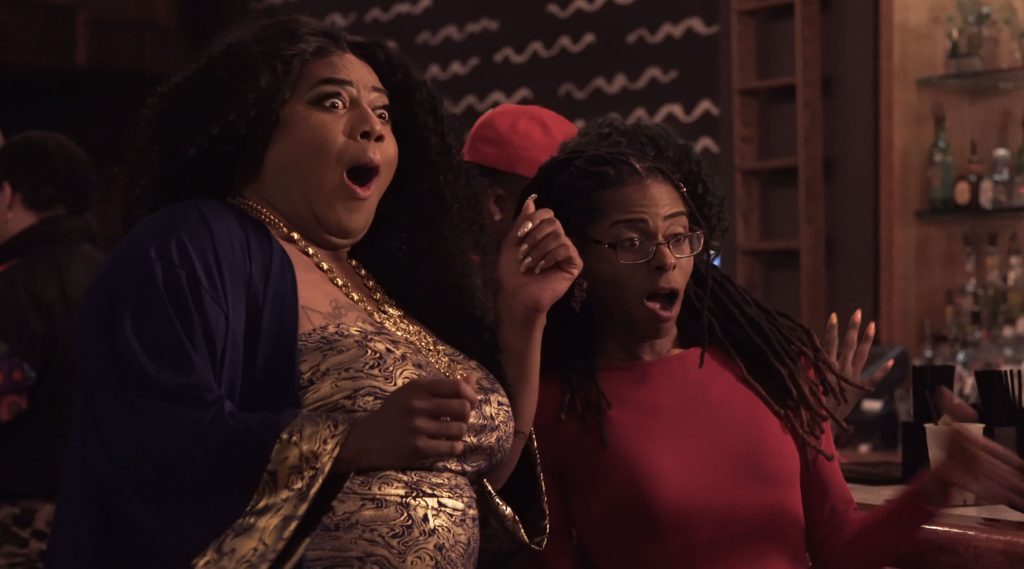
navigating through love, life, trade, and shade in the city of Detroit.
A.D. Amorosi: There seems to be more LGBTQ films this season. Describe please, your relationship to LGBTQ filmmakers and audiences of color until this point, in the past? Do tell what films and filmmakers got involved and how you attracted them?
Maori Holmes: We have been focused on intersectional social justice issues from the very beginning and because of that LGBTQIA+ concerns have been a part of our DNA from our staff to our committees and jurors, and thus it’s reflected in the work we screen.
Nehad Khader: It’s also been important to approach the independent cinema scene from a perspective of abundance: there are trans and gender non-conforming filmmakers, there are LGBTQ stories from overseas. All of these do exist, and we wish to engage with this work seriously and often, without exceptionalizing it.
Maori Holmes: We are very interested in reaching as many communities as possible. We have always partnered with queer organizations, including this year, as screening partners and sometimes deeper engagement. As far as queer filmmakers – it’s hard to gauge as we don’t ask this question, but we know that a lot of our filmmakers identify as queer, and it is evident in the content.
Nehad Khader: We recognize and understand that a program which centers the Black Diaspora, people of color, and indigenous people worldwide is incomplete without the voices of our queer communities. Therefore we hope to always hold space, organically, for the broad range of experiences of our people; that we’re building a home that encompasses all of our family. And we strive to always do better.
A.D. Amorosi: One thing I find heartening is that – along with shorts, documentaries and feature-length narratives that all sound of serious import, that you have, too, the sci-fi narrative short, Womxn from Eden Tinto Collins and Adrien Gystere Peskine. Very cool. Please discuss its acquisition for the fest – a premiere – and who these filmmakers are.
Nehad Khader: This film was a submission from France, and when the programming committee watched it together, we were charmed. It’s a very short film, and it’s a lot of fun. But beyond that, as a U.S. based film festival that’s interested in the subjectivities of Black and Brown communities around the globe, what a gift it is to have a film that satirizes Xenophobia and anti-immigration sentiment in Europe! We’re all dealing with very similar issues.
A.D. Amorosi: How are you hoping that BlackStar 2019 sets the agenda for futures BlackStars?
Maori Holmes: We hope that this year’s BlackStar and our resultant work throughout the next year helps to provide more resources for underrepresented filmmakers and also to continue to foster community among them.
Nehad Khader: BlackStar 2019 might be more international than before, and we hope that’s a trend we expand on. More international or Brown or immigrant or Indigenous films, naturally that leads to more queer ones from those communities as well.
